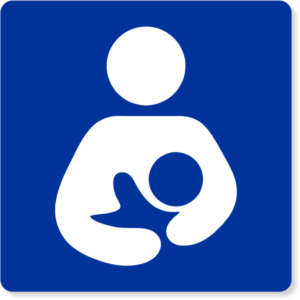 If you’ve been following our blog, you are aware that last year New York City passed two bills that amended the New York City Administrative Code to expand protections for nursing mothers in the workplace. Employers with four or more employees are required to provide reasonable accommodations for employees to express breast milk. This new lactation accommodations law is now in effect.
If you’ve been following our blog, you are aware that last year New York City passed two bills that amended the New York City Administrative Code to expand protections for nursing mothers in the workplace. Employers with four or more employees are required to provide reasonable accommodations for employees to express breast milk. This new lactation accommodations law is now in effect.
A covered employer must provide a clean, sanitary, and private space, other than a bathroom, that is shielded from view and free from public intrusion from coworkers, along with a refrigerator to store breast milk in the workplace. The lactation room must be conveniently located and reasonably near the employee’s work station. Employers may not limit the amount of time that an individual can use to express milk unless the employer can demonstrate that the time needed presents an undue hardship to the employer. If providing a lactation room poses an undue hardship, the employer must engage in a cooperative dialogue with the employee to identify appropriate accommodations that meet the employee’s needs.
The new lactation accommodations law also requires covered employers to have a written lactation policy that meets certain requirements under the law and must provide it to all new employees. The New York City Commission on Human Rights, in collaboration with the Department of Mental Health and Hygiene, has developed the following model policies:
- a policy for workplaces with dedicated lactation room(s);
- a policy for workplaces with a multi-purpose space, other than a bathroom, that may be used as a lactation room; and
- a policy for workplaces with no available space for a lactation room.
Employers may use the version of the model policy that is most applicable to their workplace. Employers that choose to develop their own policies, must make sure to:
- explain how an employee can submit a request for a lactation room;
- state that the employer will respond to requests as quickly as possible, and no later than within five business days;
- explain what to do when two or more employees need to use the lactation room at the same time;
- state that the employer will provide reasonable break time for an employee to express breast milk; and
- explain that if providing all aspects of the lactation room normally required by law would create an undue hardship for the employer, the employer will have a cooperative dialogue with the employee to figure out the best possible accommodation to enable the employee to express breast milk at work.
To obtain more information on this new law, visit the New York City Commission on Human Rights website.
|
|

